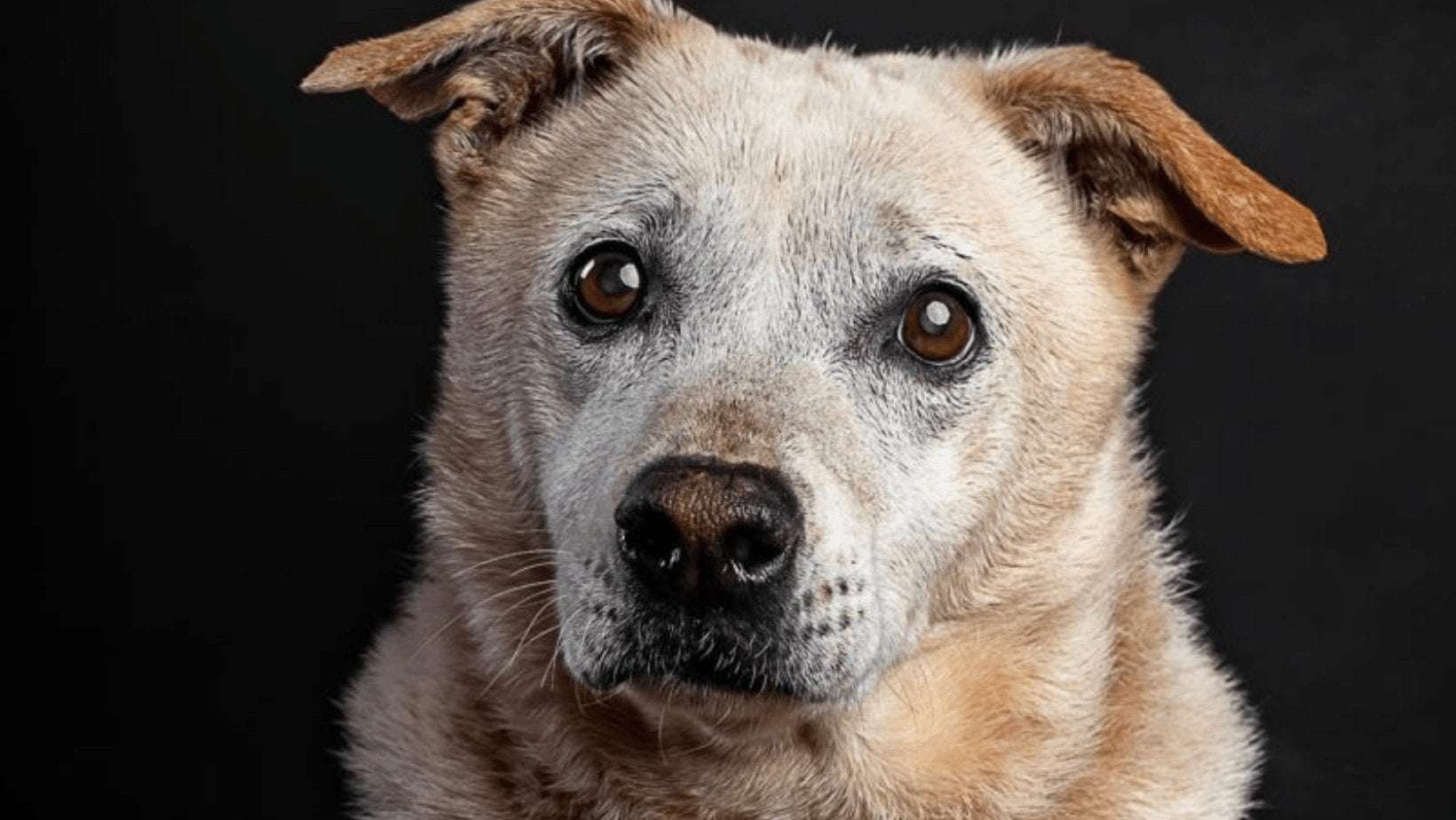
Caring for a senior dog
Learning to deal with incontinence, dementia, cancer, arthritis, degenerative myelopathy, spondylitis and many other ageing ailments is not easy for owners as they see their beloved dog’s health deteriorate in their senior years. We want to wave a magic wand that will keep them mobile, happy and as comfortable as possible forever!! But sadly we can’t – so we need to do the best we possibly can.
During their senior years, their hearing and eyesight may start to deteriorate and cataracts may also appear. They become more prone to stomach issues, bouts of intestinal problems and/or kidney issues among many other old-timers conditions. However, this doesn’t necessarily mean it has to be the end of the road.

They could still have many good years ahead of them as long as we take the time to ensure we meet their specific needs and the necessary steps to keep them comfortable and happy.
One of the more important things to take into account is the genetics and lifestyle of your dog as this does play a great part in the ageing process. So dogs that have been active and have not been overweight during their adult years are less likely to have the same medical issues than a dog who has had a more sedentary life and less exercise throughout his life.
As they grow older we need to provide our seniors with an age-appropriate diet. Older dogs are at a higher risk of becoming obese as they no longer have the same energy levels as a youngster. It is important to get the correct dog food that is specially designed for seniors to stop unnecessary weight gain. These diets are normally lower in protein and fat and have fewer calories but still have the correct balance to keep the older dog nutritionally healthy. Always consult with your vet to get the correct food for your special senior.
Regular non-vigorous exercise is always good to maintain their weight and beneficial to their wellbeing and self-worth. Keep their regular walks going as long as they are coping but immediately you see their levels of energy lessening or any signs of physical difficulty, i.e. limping or any discomfort being displayed by the dog, then decrease the distance you walk or cease walking altogether. Rather concentrate on giving them quality time with you as a way of making their outing more enjoyable. For instance, if you are driving to a park to go for a walk why not increase the distance you are travelling as part of the outing and lessen the actual walking time. You both are still having great quality time together just in different ratios and your dog is going to love being with you anyway.
Regular checkups with your vet are really important as they are trained to see changes in the older dog more easily than us. They will be able to make sure that their arthritis has not worsened, or that their immune system has not deteriorated and they will be able to prescribe the appropriate medication, if required, to ensure your dog is kept contented and happy.
Remember to regularly check their teeth to see that they are not cracked or going black and that the gums are looking good. It is good to give them dental treats to chew as well and if they have been used to you brushing their teeth from an early age then continue to do so in their twilight years. It is important to continue with their regular tick and flea protection as well as deworming. Vaccinations are usually only required every three years but it is advisable to consult with your vet in this regard.
Continue grooming your senior as they can suffer from irritations of the skin and possible dry and flaky patches may occur. If your dog is long-haired it is essential to avoid matting and tangles developing as this can be extremely painful and cause a lot of discomforts. Using natural shampoos will help nourish and keep their coats shiny and glossy.
Spoil your senior and make sure their bedding is soft and easily accessible at all times. As they get older they often develop arthritis and other joint and bone issues and will not be able to jump or climb up on the bed that they may have had used in the past. Also going up and down stairs may be difficult to avoid excessive ups and downs, especially if you live in a multi-level home. If there is no way for your senior to avoid stairs, make sure you have a doggy gate or secure barrier to restrict him from falling or hurting himself.
Should your senior be going blind, also place his bed is in an area that he is comfortable with and knows his way around any of your furniture. Try to keep everything in the same place. Again this will help him navigate around the house without injuring himself. Remember to move water bowls if you are moving your dog downstairs and that he knows where they are in case he needs a drink during the night.
Try and spend as much time as possible with your senior and cherish every moment together. With the ageing process an older dog, especially one in ill health, can become quite anxious in the absence of an owner and they can at times become disorientated.
Even though your dog might not be able to see or hear you, they know when you are nearby as they have all your scents and smells in their heads from many years together but they still need your presence and attention to stay emotionally and mentally happy.
Unfortunately, ageing is a natural process and one every dog owner has to be prepared for. Eventually, there will come a time in a senior’s life where he will start showing signs that he is getting tired more easily, will sleep more and more, have difficulty standing up and getting around and not so interested in going out for a walk or a sniff. This is when we have to look at his quality of life and begin to make decisions that are hard for us but best for him. Having to decide to say goodbye to our special four-legged companion with whom we have shared countless secrets and amazing adventures over many years together is not, and never will be, a painless or easy choice.
Talk to your vet and discuss your options but always do what is best for your faithful friend, however sad it makes you feel. Know you have given your senior all the love and kindness over many wonderful years together and allow him now the self-respect and dignity to “cross over the rainbow bridge” with poise and serenity.
Your memories together will stay with you forever.

